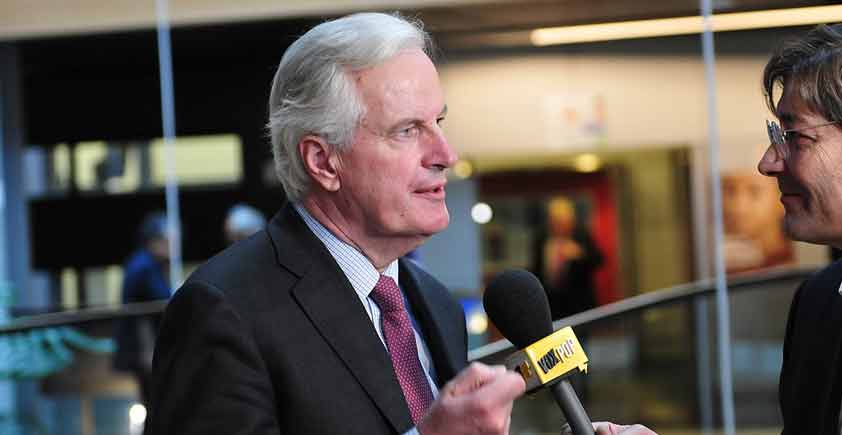- February 20, 2018
- Posted by: lutherpendragon
- Category: insight

With a parade of UK Cabinet ministers setting out their stall for their ideal Brexit outcomes in advance of crunch negotiations, organisations need to be thinking how they are going to keep pace and ensure that their messages on Brexit stay relevant.
The political prize for the UK is clearly to ensure that the EU Council meeting between 22 and 23 March agrees the ‘transition’ or ‘implementation’ period (depending on whether you’re in the EU or UK), and allows the negotiations to progress on to the trade talks. But even if that does happen the negotiations will almost certainly take many twists and turns.
Many organisations have made clear their ‘asks’, but it’s now critical that this Brexit messaging keeps pace with the dynamic nature of the negotiations. Much of it also depends on how organisations communicate with decision makers within the EU27 as much as in the UK, which often requires a different emphasis and focus.
With that in mind here are some points to think about to ensure Brexit messaging stays on track:
1. Planning for the implementation/transition period:
Once of the key challenges for the transition talks is that there are still issues that both the UK and EU need to resolve around finalising the withdrawal agreement, putting intergovernmental issues like the Northern Ireland border to one side, recognition of existing services contracts for example is a major issue that needs to be resolved and there are many others. Organisations that can present examples of the magnitude of a withdrawal issue, so with contractual certainty issues, what is the value of those contracts? how will it impact businesses who lose out in both the UK and EU? what’s the impact of relying on individual Member state rules? etc, will be powerful messages that could make a difference.
2. Communicating what a minimal deal would mean:
Recent speeches by Michel Barnier suggests that the EU has decided that the UK trading on WTO Rules is not their optimal outcome, however he’s also been clear the UK is unlikely to be able to exactly replicate existing arrangements in a FTA. This has been consistently backed up with technical announcements from the Commission and the EU regulators, over the last couple of weeks. At the moment, this points to a minimal deal, such as bare equivalence deals for financial services and transfers of existing third country agreements, but with no added extras, bespoke arrangements or specific market access. Here again it’s important to be able to communicate the impact of this scenario, with a particular reference to the EU consumers and small businesses that would be affected, both major concerns for EU politicians and policy makers.
3. Developing a positive case for trade:
Highlighting the interconnectedness of UK and EU markets is key to making the positive case for deeper trade and overcoming some of the challenges outlined above. This can often be most effective through case studies. But to have an impact, they cannot be stylised, they have to contain hard data on contractual values, market share and data on the economic impact on EU27 industries and economies. Individual member states are already mindful of this, with the Dutch Government recently asking KPMG to undertake an impact study on the trade in goods between the Netherlands and the UK under various scenarios. It’s also worth building on the useful EU Commission Taskforce 50 slide presentations being produced on a regular basis and now covering a wide range of sectors and industries. These provide insights into the EU’s preparations and the issues an organisation needs to respond to.
4. Keeping track of developments:
The final point is making sure organisations keep up to speed with what’s happening; speeches, opinions and announcements are flying out of both Westminster and Brussels at breakneck speed. The EU Commission regularly publishes a variety of information on its Taskforce50 website which can give an important steer on how the Commission is tackling specific issues and sectors. However journalists like the BBC’s superb Adam Fleming are excellent to follow for keeping tabs on what officials in Brussels are saying and doing. Most EU member states also have Brexit coordinators – such as Germany’s Peter Ptassek – who are active on social media and offer interesting insights into their government’s thinking.
Luther Pendragon is working with our clients to help them develop their Brexit messaging across a wide variety of sectors. We’re experts at helping organisations develop successful public affairs strategies, if you are interested in promoting the work of your organisation in Westminster and Brussels, contact us for more details.
image courtesy of Ralf Roletschek / Wikipedia
